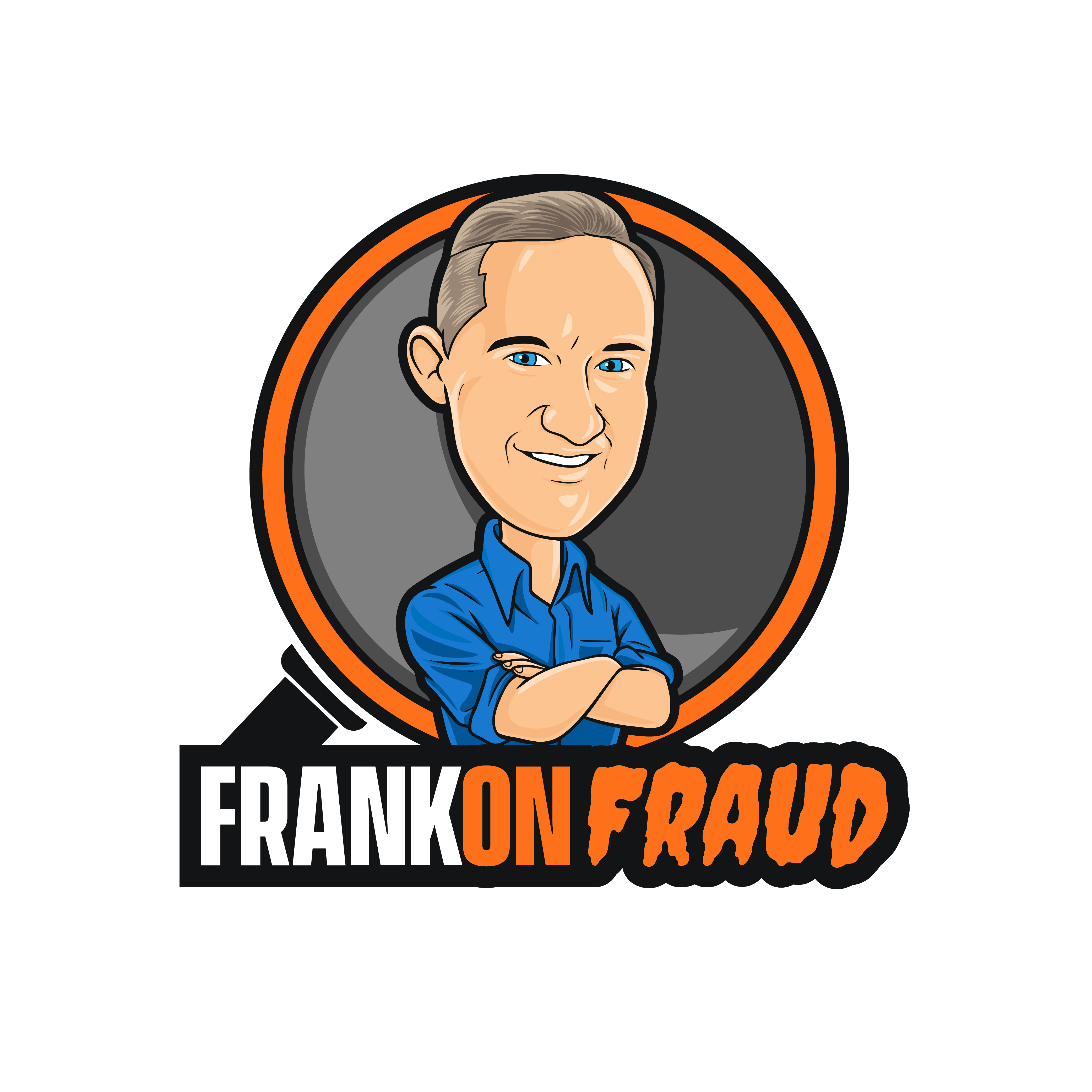A whistleblower has come forward, and he is dropping a bombshell on Wall Street.
According to Pro-Publica, a whistleblower is claiming that Securities that contain loans for properties like hotels and office buildings have inflated profits. These grossly inflated properties and profits could lead to another mortgage market collapse as significant as the last great crisis of 2008.
The only difference between the last crisis, and the one to come they claim is that this time commercial properties will lead to the collapse, not residential properties.
Large Banks Are Inflating Profits of Commercial Buildings
The complaint alleges that large banks, including Wells Fargo and Deutsche Bank, are giving borrowers massive mortgage loans far more than the commercial properties are actually worth. When those loans are packaged into CBMS (Commercial Backed Mortgage Securities) the risk is magnified.
Lenders and security issuers will alter the financial data of a commercial property by inflating the profits of the property without any basis in reality. If a property earned $2 million in profits in 2019, the whistleblower alleges that the actual profits could be boosted to $2.6 million in profits making the property appear more valuable than it is.
The whistleblower who is a commercial expert reported many other potential red flags from his analysis:
- After the last crisis, many commercial properties were re-financed into new loans with inflated profits to delay a default on the properties. This essentially pushed the risk forward until another financial crisis occurred.
- Securities will change the address and names of the properties making it more difficult to track the fraud from security to security or over time.
- Securities will change the cash flows of commercial properties without any basis in reality
- Over $150 billion in inflated CBMS value from 2013 – 2019 in the securities he examined alone.
Basically collateral fraud on a much larger scale than we saw in the last crisis.
ProPublica Verified The Fraud in Data
ProPublica analyzed CBMS data and their findings seemed to corroborate the complaint.
ProPublica closely examined six loans that were part of CMBS in recent years to see if their data resembles the pattern described by the whistleblower. What we found matched the allegations: The historical profits reported for some buildings were listed as much as 30% higher than the profits previously reported for the same buildings and same years when the property was part of an earlier CMBS. As a rough analogy, imagine a homeowner having stated in a mortgage application that his 2017 income was $100,000 only to claim during a later refinancing that his 2017 income was $130,000 — without acknowledging or explaining the change.
Propublica Analysis 2020
The Pandemic Could Bring the Whole House of Cards Down
So why does this all matter now? The answer is simple – The Pandemic.
With the economy being pounded, and millions of businesses at risk all those properties could have a lot more vacancies as businesses fail. Those inflated valuations and increasing defaults on commercial properties could lead to a collapse.
20% of CBMS Loan Payments Are Now At Risk
The commercial mortgage market is now in big trouble. CNBC reports that nearly 20% of all lodging CMBS loans are categorized as either “in grace period” or “beyond the grace period,” according to data from Trepp, a New York-based research firm that tracks the CMBS market.
And that is not all. Retail CMBS loans not paid in April have jumped to about 9% from 1.7% in March.
Retail stores, hotels, and restaurants are either going out of business or unable to pay their rents and that could substantially increase the risk of a mortgage market collapse.
Northridge Mall in Salinas, California, for example, has asked for forbearance on their $79 million dollar loan payment that is coming due. This is just a sign of things to come.
Stay tuned on this one. This could turn into a big problem for the commercial mortgage market.

